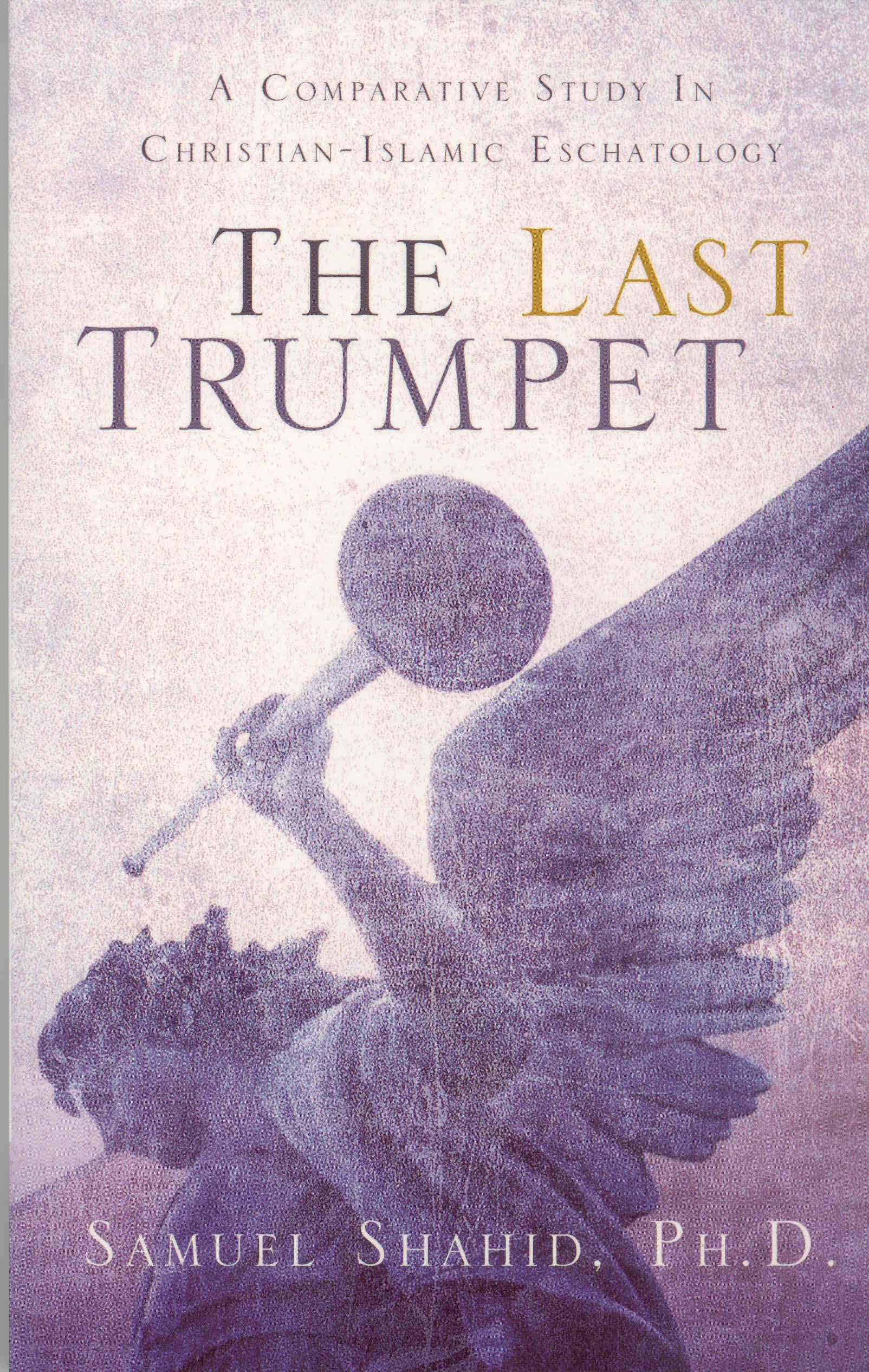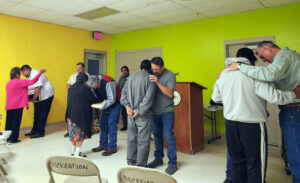
FORT WORTH, Texas (BP)–Christians will be surprised to learn that some of the end-times predictions in the Koran are very similar — even identical — to those in the Bible, according to a professor of Islamic studies at Southwestern Baptist Theological Seminary.
Samuel Shahid, who has served on the faculty of the Fort Worth, Texas, seminary since 1998, is the author of a new book, “The Last Trumpet: A Comparative Study in Christian-Islamic Eschatology,” from Xulon Press.
Shahid writes, for example, that the Koran describes the end of time coming “suddenly and like the twinkling of an eye.” It also says that only Allah “has the knowledge of the Hour.” Also, passages in the Koran teach that “a trumpet will blast on that day.” These Koranic statements about the end times should sound familiar to Christians, Shahid said.
The similarities between the Koran’s eschatological language and that of the Bible “are very striking,” Shahid said. But that doesn’t imply that the God of the Bible revealed the statements in the Koran to Muhammad.
“There is no doubt that they are not revealed; they are borrowed,” Shahid said of specific eschatological statements in the Koran.
Shahid, who began research on the topic three years ago, sets forth both a side-by-side comparison of Christian and Islamic eschatology and an in-depth look at the sources of Islamic eschatology.
“Maybe this is the only book on the market that is an analytical comparative study between Islamic eschatology and Christian eschatology,” he said.
During his research for the book, Shahid said, new dimensions and ideas related to the topic began to take shape in ways he had never anticipated or thought of before.
Even though he suspected that Islamic eschatology might be influenced by Christian eschatology prior to his comparative study, Shahid said, his research revealed that Islamic eschatology also was influenced by Judaism, Zoroastrianism, apocalyptic materials, apocryphal materials and even Christian legends.
“When we talk about Islamic paradise and we compare it with the Zoroastrian paradise, you will be amazed to see the similarities between the two,” he said.
Citing a story from the Koran called “dhu al-qarnayn,” Shahid said many Muslims believe the person described in it is the historical figure Alexander the Great. The man is said to be a righteous person, an old man, given certain power and the person who built a wall around the tribes of Gog and Magog.
“In my research, I came across what is called the Syrian-Christian legend of Alexander the Great, and I found out that this story is the story that is recorded in the Koran itself,” Shahid said. “And this one predates the Koran at least by 200 years.”
Further, Shahid noted that many of the events described in Ezekiel 38 and 39, which speak of Gog and Magog, also are recorded in later Islamic traditions.
“The only difference between what we have in Ezekiel 38 and 39 is that Gog and Magog are coming to attack the people of Israel, while in Islam they are coming to attack the Muslims,” Shahid said.
His research also turned up differences between Islamic traditions and the teachings in the Koran. Writings of Islamic traditions, he said, are open to interpretation; but statements in the Koran are taken literally and believed by all Muslims to be the revealed word of God.
The explanation for the different approaches taken to these two sources is unclear, Shahid said. “I am not here really to argue with Muslims about that,” he said. “But there must be an answer.”
The book was written with both Christians and Muslims in mind, Shahid said.
“Some Muslims will find out some material that they were not aware of which has to do with their own Islam,” he said. “Very few people, whether they are Christians or Muslims, have a good idea about Islamic eschatology. They have general knowledge about it, but there are so many details that very few know about.”
Other chapters in Shahid’s book compare Christian and Islamic views of heaven, paradise, hell, the “day of judgment” and the Antichrist.
Shahid, who was born and raised in Lebanon, has spent his academic career studying, teaching and writing about the beliefs, culture, history and literature of that area of the world. In addition to teaching at Southwestern Seminary, Shahid serves as the director of Good News for the Crescent World and the author of more than 45 books in both English and Arabic.
–30–
“The Last Trumpet” is available online at www.lifewaystores.com or by calling Good News for the Crescent World at (817) 275-3413.

















